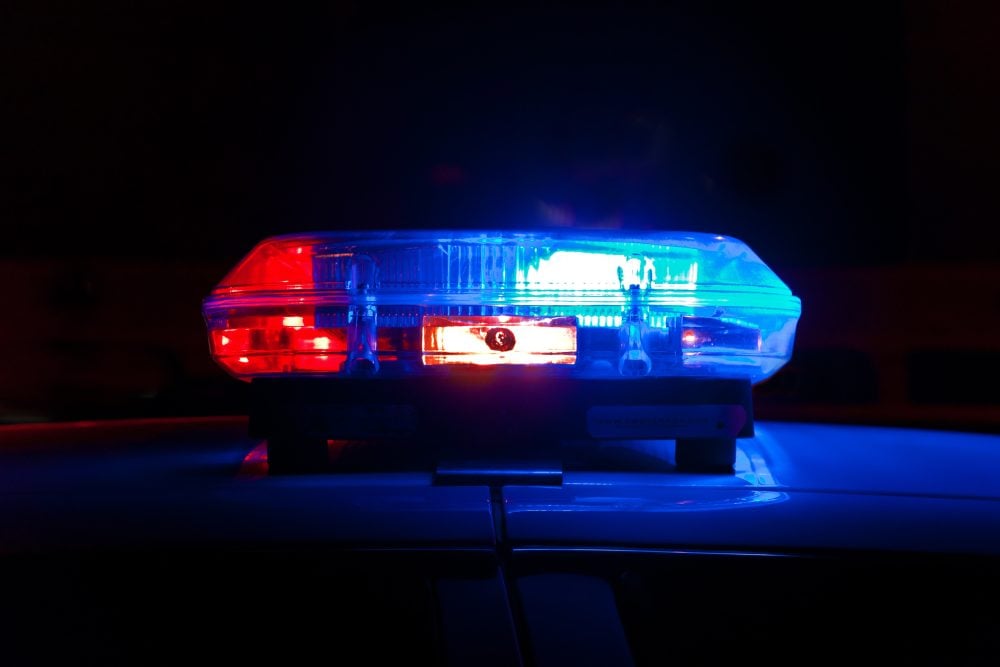Roadside testing for drug driving – your questions answered
 We get lots of questions from clients about drug driving and drug testing. Some of the most commonly asked questions lately are answered in this blog.
We get lots of questions from clients about drug driving and drug testing. Some of the most commonly asked questions lately are answered in this blog.
If I’m stopped by Police can they test me for Cocaine?
Currently roadside testing in South Australia is limited to cannabis, methamphetamine, and MDMA. In 2025, South Australia Police will commence testing drivers roadside for the presence of cocaine as well by increasing their testing procedures, and introducing a new device which they say can detect the presence of cocaine in a driver’s oral fluid. It is understood that the penalties for driving with cocaine in your oral fluid will be the same as they currently are for cannabis, methamphetamine or MDMA.
What happens if Police detect a controlled drug in my oral fluid?
If police conduct a presumptive roadside test and this indicates the presence of cocaine (or cannabis, methamphetamine or MDMA) in a driver’s oral fluid, the potential penalties will vary, depending on whether it is a first or subsequent offence. It is important for drivers to be aware that, for the purposes of determining prior offences, prior drink driving matters will also be taken into account. This means even if you’ve never been charged with drug driving previously, it may be a subsequent offence if you have a prior drink driving offence (within a prescribed period).
If it is a first offence for a driver (over the age of 16 years) a person must be given an expiation notice in relation to that offence. However, if it is alleged to be a subsequent offence, a driver will receive a summons to appear in court for drug driving. Whether you receive a summons or an expiation notice, it is important that you seek legal advice in relation to your unique circumstances, particularly if it is a subsequent offence, as the penalties are more severe.
It is also important that all drivers are aware of all of the unexpected consequences that might arise as a result of a finding of being guilty for drug driving. These can include but are not limited to, being required to undertake drug dependency testing before they’re permitted to apply for their drivers licence, or a further demerit point disqualification.
Any driver alleged to have a controlled drug in their oral fluid is entitled to contest the expiation or charge. If a driver denies taking any drug then they’re entitled to challenge the police evidence, including the testing procedure. Police will still be required to prove the offence beyond reasonable doubt.
SAPOL will be bound by strict regulations in relation to the use and certification of particular devices used to detect a prescribed drug in a driver’s oral fluid. Given that a new device is proposed to be introduced by SAPOL for cocaine testing, it will be incredibly important for them to seek the necessary approvals and comply with the regulations in relation to both the use and maintenance of these devices. This will include a police officer’s obligation to take such measures as are reasonably practical in the circumstances, to ensure that a sample is not adulterated when conducting an oral fluid analysis.
Get in touch
If it has been alleged that you have driven with a prescribed drug in your system, we encourage you to contact our office to receive expert advice in relation to your unique circumstances.
Our criminal and traffic lawyers in Adelaide can provide you with the necessary expert advice in this area. Get in touch with our Adelaide criminal law team on 8212 1077 or fill out this form and we will get back to you. With 8 other offices across South Australia, we have got you covered.